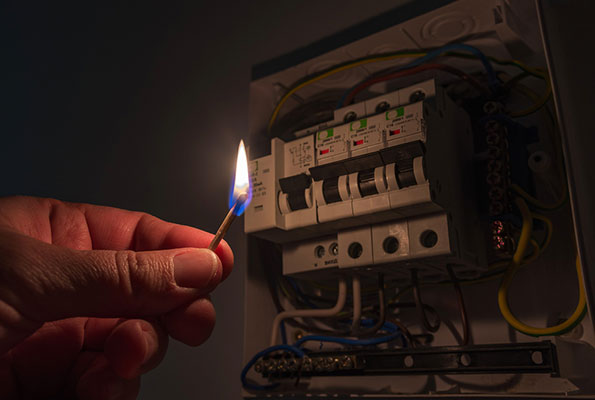Postal and Telecommunications Regulatory Authority of Zimbabwe (Potraz) has been dealing with power outages and load shedding, a practice where power is prioritized in a particular area, for several hours per day.
According to the Zimbabwe Independent, at the height of the country’s power crisis in November and December, the country saw 20-hour power outages. As a result, the base stations that rely on the national grid’s power have started going offline.
Potraz’s head of industry and consumer affairs, Vengesai Magadzire stated that the power outage is taking place at a time when more people are using the internet for business and education.
Consumers were unable to utilize purchased services from operators due to the electricity constraint, Vengesai Magadzire said.
“Issues to do with quality service remain very important in any business. As Potraz, we are very much aware of the challenges that the country is facing as much as we want to ensure that there is quality service provision. However, we are experiencing structural challenges such as the power crisis that the country is experiencing. It becomes very difficult for network service providers to run on generators around the clock, even for a week. Power is a serious challenge, which has affected quality telecommunications services,” Vengesai Magadzire said.
“These base stations mostly rely on electric power rather than generators, and if we have load-shedding which runs for more than 18 or 24 hours, it becomes very difficult to provide quality services. However, we still have the mandate to ensure that consumers receive the best services they deserve. Consumers can buy services, but fail to access them due to the power crisis. We work with both consumers and network operators to ensure the provision of good quality services,” he added.
Meanwhile, Zimbabwe has invested $2 billion in energy products. The country is financed by around $533 million from Sinohydro in China to expand Kariba Power Station and add 300 MW of capacity.



